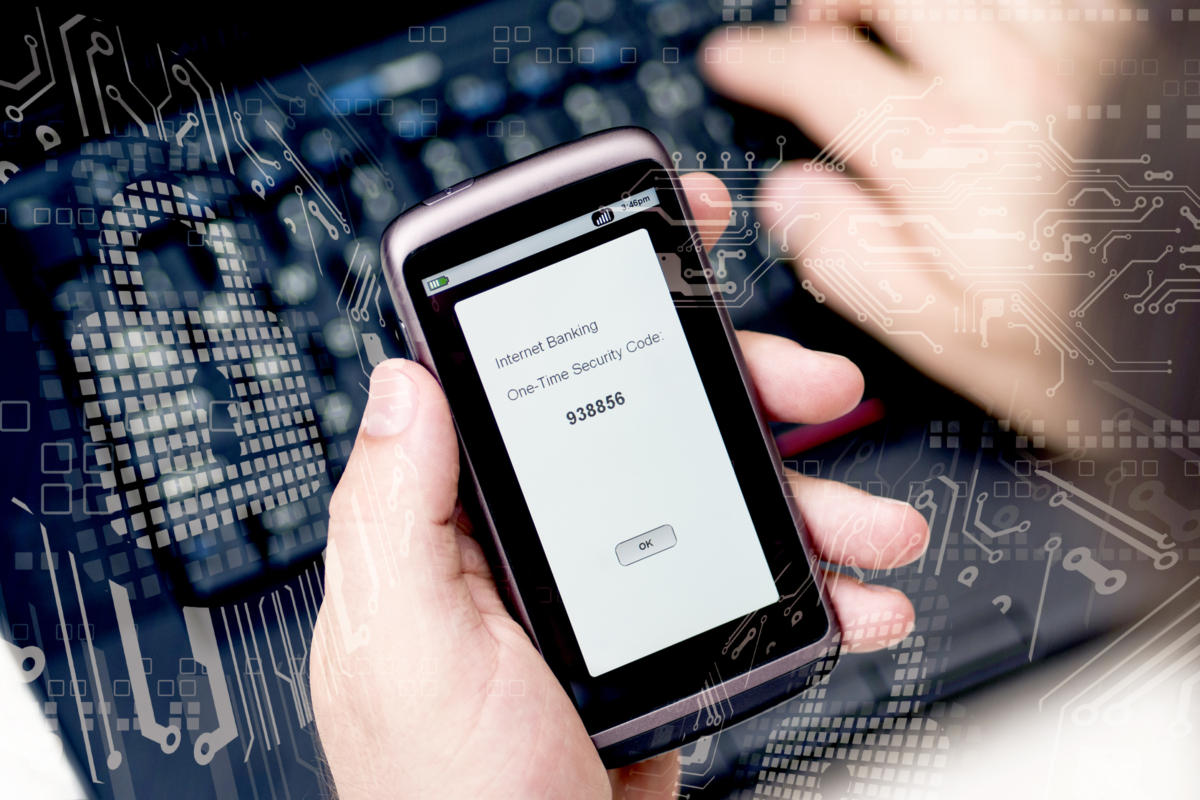Companies are widely using multifactor authentication to protect data. In 2020, over 60 years old people in South Carolina lost $10 million to cybercriminals. No one is safe from cybercriminals, and people need to remain vigilant with data protection. Companies are facing the same threat, and for this reason, they are investing in multi-factor authentication software to protect their data. Tons of devices use multi-factor authentication to increase the security of individual users. Be it phones, ATMs, computers, and TVs.
Two-factor authentication enhances data security by allowing individuals to provide two pieces of evidence when logging into accounts. While two-factor authentication is top of the lists of cybersecurity strategies, there are other tips that you can employ to reinforce security.
Cybersecurity tips for individuals
Apart from two-factor authentication, here are the other cybersecurity strategies you can employ.
- Using VPNs
With the increase in remote working options, people can work from cybercafes, coffee shops, and other public places using public WI-FI. This, however, has its own risks. Public WI-FI does not have encryption for individual users.
Most people do not realize there are risks associated with using public networks like theft of sensitive information, man-in-the-middle attacks, and malware distribution.
Using a VPN will go a long way in protecting you from the threats of using public Wi-Fi. With a VPN (Virtual Private Network), everything you send or receive through a public network will be encrypted. With this, man-in-the-middle attacks and eavesdropping are prevented, and your data stays safe.
To make the process easy, ensure that the automatic system is on. Ensure the browser you are using also has automatic updates and ensure that all your plugins are updated.
- Update your software
Getting constant software update notifications can be annoying. For this reason, most go ignored. People actually ignore the updates 90% of the time. In fact, there are also guides on how you can turn off software updates on your devices. Unfortunately, this does more harm than good.
Outdated software has security holes and vulnerabilities, and hackers love to take advantage of these. They write code that targets these security holes, and that way, they introduce malware into your system.
Doing software updates as soon as possible goes a long way in patching the security flaws. They make it hard for cybercriminals to introduce malware into your computers and smartphones to steal data. Not only do these updates keep the hackers out, but they also help you protect others.
If a virus is introduced to your computer, it can easily be passed to those of your colleagues and friends.
- Look out for phishing scams
According to the FBI internet crime report for 2020, phishing attacks were the most common in the year. Unfortunately, users are the weakest links to these scams. They are more likely to take the bait for these attacks. Organizations are also not doing enough in creating awareness around this dangerous cybercrime.
Phishing tools are also widespread and are low-cost, which has gone a long way in helping even the amateurs launch these attacks.
This has enabled internet crime and left organizations and individuals vulnerable to these attacks. As a result, operations in organizations have halted, and a lot of revenue lost due to downtime. In addition, valuable data and personal information have landed in the wrong hands and led to considerable losses.
There is a need for individuals and organizations to educate themselves on this new wave of crime. Employees are the weakest link and should be made the first line of defense through information. Training would be recommended in this case. Organizations can also create an additional layer of security through email sandboxing, as most phishing attacks are launched through emails.
Conclusion
Data is valuable, and it needs to be protected. Without data, most organizations would not be able to run their daily operations. Losing customer data also puts organizations at the risk of having their reputations ruined.
There are several initiatives that individuals and businesses can take to keep their data safe. Two-factor authentication is one of them. The use of a VPN to encrypt both home and public WI-FI keeps eavesdroppers away.
Software updates come with security patches that eliminate vulnerabilities that hackers use to spread malware. Automate the software updates to ensure they are done even when you are not there.
The cost of downtime is also high in businesses, and this can be prevented if people watch out for phishing attacks. Educating employees is critical as they are usually the weakest links. Employee training on the attacks will help in equipping them as the first line of defense. Through email sandboxing, phishing attacks through emails will also be prevented.
Businesses and individuals have lost millions to cybercriminals. Use the strategies above to keep your devices and data secure.





